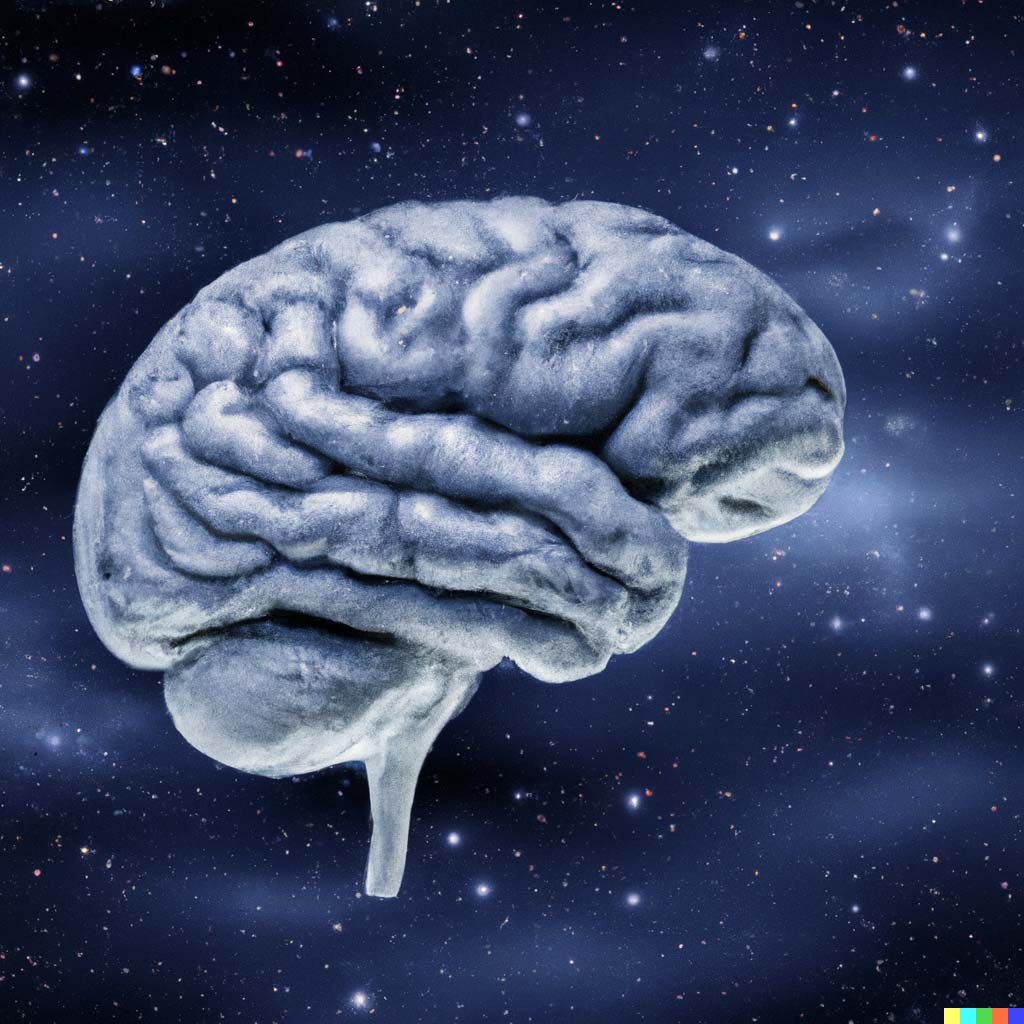
Throughout history, human societies have been hierarchal with each individual holding a rank or status based upon variables such as wealth, physicality, intelligence or birthright. In the most primitive societies, physical contests determined who rose to tribal leadership and top status. Consequently, males were dominant and females were allotted lower status. As societies became larger and more broadly organized, class systems evolved, and birthright, wealth and social skills became greater factors in determining status.
With the First Industrial Revolution, in the mid 18th century, technology began to create significant differences in wealth and the quest for money and the things it could buy began to accelerate. By the time of the Fourth Industrial Revolution spawned by computer technology, it was becoming evident that high intelligence was linked, not only to academic success, but also success in business and the acquisition of wealth. Brains were at a premium. This meant that females and minorities, previously denied access to top status were now able, if sufficiently intelligent, to acquire wealth and status.
In The Bell Curve, Herrnstein and Murray wrote:*
In less rigidly stratified societies, stratification by cognitive ability has been weak and inconsistent until this century because the number of very bright people was so much greater than the specialized jobs for which high intelligence is indispensable. … Then, comparatively rapidly, a new class structure emerged in which it became much more consistently and universally advantageous to be smart.
Brains became the Holy Grail of those seeking, wealth, status or both. Of course, intelligence is a relative term. Some people are more intelligent than others in their ability to learn and conceptualize. However, intelligence is a multi-faceted attribute. While one person may be more capable in abstraction, another may have better leadership skills or a better understanding of human nature. Shakespeare could not match Kurt Gödel’s capacity for deep analysis, but Gödel couldn’t begin to understand Shakespeare’s insight into human nature. And neither of these two intellectuals could create the music of Mozart.
So it doesn’t matter whether you are considered intelligent, because there are many other ways to achieve status if that is important to you. How many of the popular celebrities are considered to be intelligent? If status is not of prime interest to you, then you are free to pursue your personal goals and enjoy the rewards of engagement with life.
